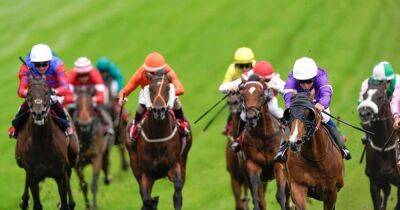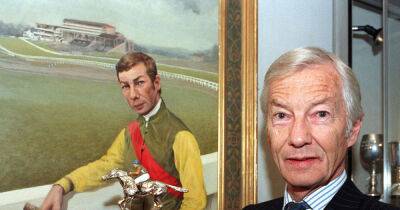Lester Piggott: a rare talent who left his mark on an audience of millions
“Never” is a word to be used with care in a sport founded on uncertainty and chance. But it is safe to say that there will never be another jockey who connects as thoroughly and deeply with the racing and betting public as Lester Piggott during the three decades when he was the dominant force in British Flat racing.
The reason is Piggott’s timing. Not just the split-second judgement that so often put him on the right side of a head-bobbing photo-finish, or allowed him to deliver Royal Academy on the line in the 1990 Breeders’ Cup Mile, at the age of 55 and less than a fortnight after coming out of retirement. He also emerged as the most talented jockey of his, and arguably any, generation at the ideal moment to leave a permanent mark on an audience of millions.
Piggott did not win the first of his 11 Flat championships until 1960, but by then the seeds of his celebrity among racegoers and backers had already been sown. In the 1950s, off-course cash betting was technically illegal but still a hugely popular thread in the fabric of everyday working-class life. Racing accounted for the overwhelming majority of bets and in one sense, Piggott was just the latest in a line of jockeys, from Fred Archer in the mid-19th century onwards, whose name against a horse in the Derby or the Gold Cup at Ascot could set the odds tumbling.
But Piggott was different. He was the first great jockey of the television age, in a two- and three-channel era when Britain’s most historic sporting events were becoming a widely-shared experience. For two centuries, off-course punters had followed the action through newspapers and occasional newsreels, without ever seeing a live race. Suddenly, it was possible to form an immediate connection with events




